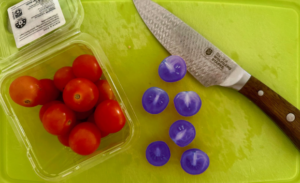A study has shown that the way we see ourselves when drunk is different to how others see us. In fact, besides being a bit louder, they barely notice at all.
A team of psychologists observed and analysed the behaviour of 156 brave participants aged 21 to 30. Before the session, they were quizzed on what they thought their personality traits were when they were drunk compared to when they were sober.
Then, in what was clearly a tough day at the office, all participants were given a drink with either alcohol (vodka and Sprite) or no alcohol (plain old Sprite) in it.
The aim was to get the drinkers to a blood alcohol level of 0.09.
Next, they were split into groups of three or four and played games, completing puzzles alongside other drinkers or a control group who had been sipping soda.
Behaving themselves
The participants made notes on their personality and were rated by others. Psychologists also observed them and made their own notes.
Lead researcher Rachel Winograd from the University of Missouri says they started to see a couple of unexpected differences—mainly that people didn’t change as much as they thought they did after drinking.
Using the five-factor model (more on that in a minute), extraversion—a personality trait also known as ‘being the life of the party’—was the only big change recorded by observers of both groups.
“We believe both the participants and raters were both accurate and inaccurate—the raters reliably reported what was visible to them, and the participants experienced internal changes that were real to them but imperceptible to observers,” says Rachel.
The big five
What’s this model, you ask? The five-factor model sums up our personality in five common traits—extraversion, agreeableness, conscientiousness, neuroticism and openness to experience. You can test yourself here. (It’s pretty accurate. It told me I’m extraverted and highly strung. Yep!).
After drinking, the participants were asked to rate their personality. Participants who had been drinking now saw themselves differently across all traits, while the psychologists only saw them being more extraverted.
“We would love to see these findings replicated outside of the lab—in bars, at parties and in homes where people actually do their drinking,” Rachel says.
It might also prove that, after a few drinks, we don’t look as good on the dance floor as we think we do.








